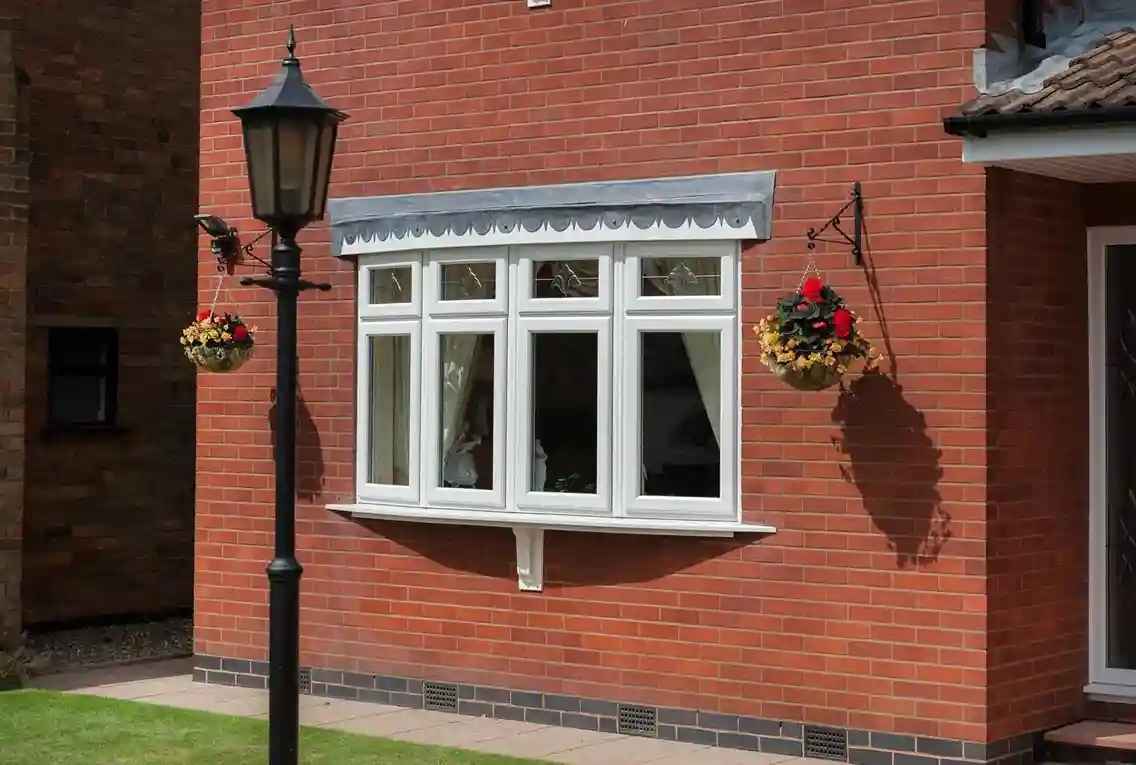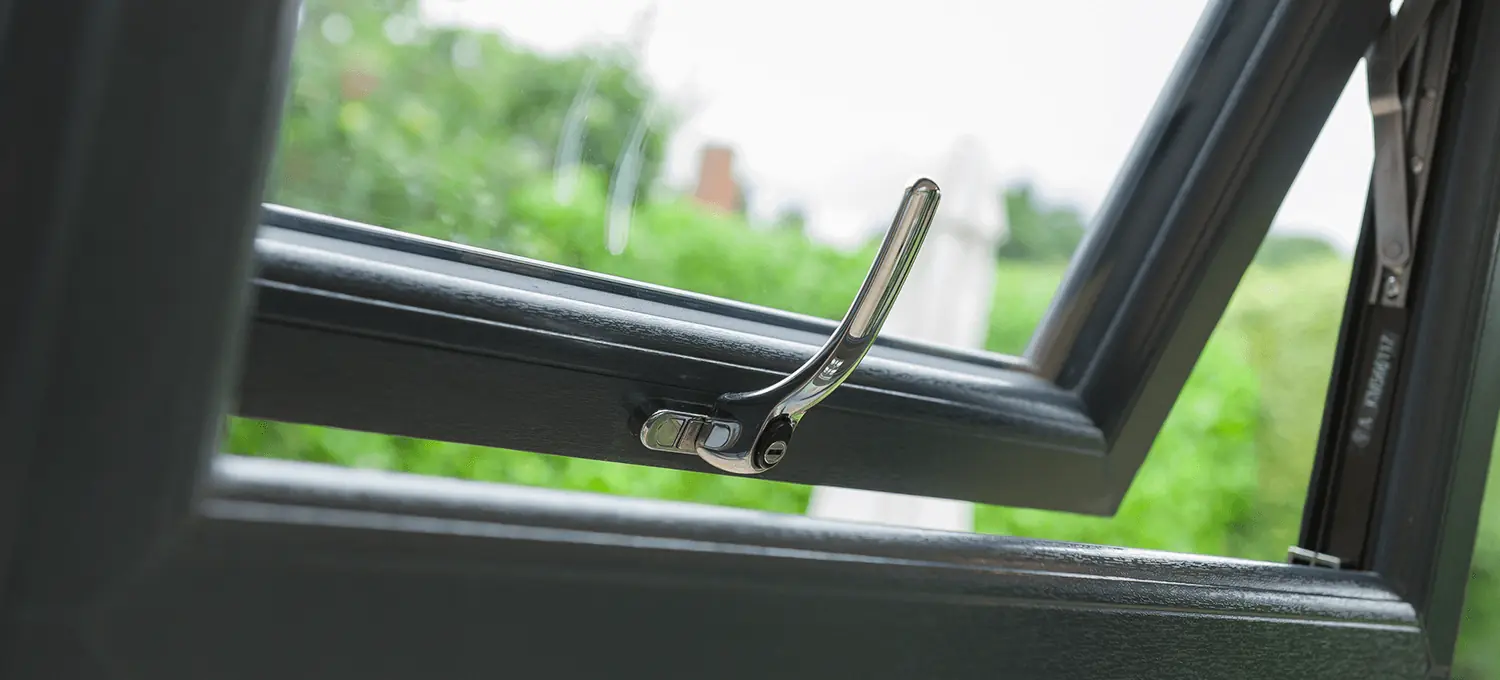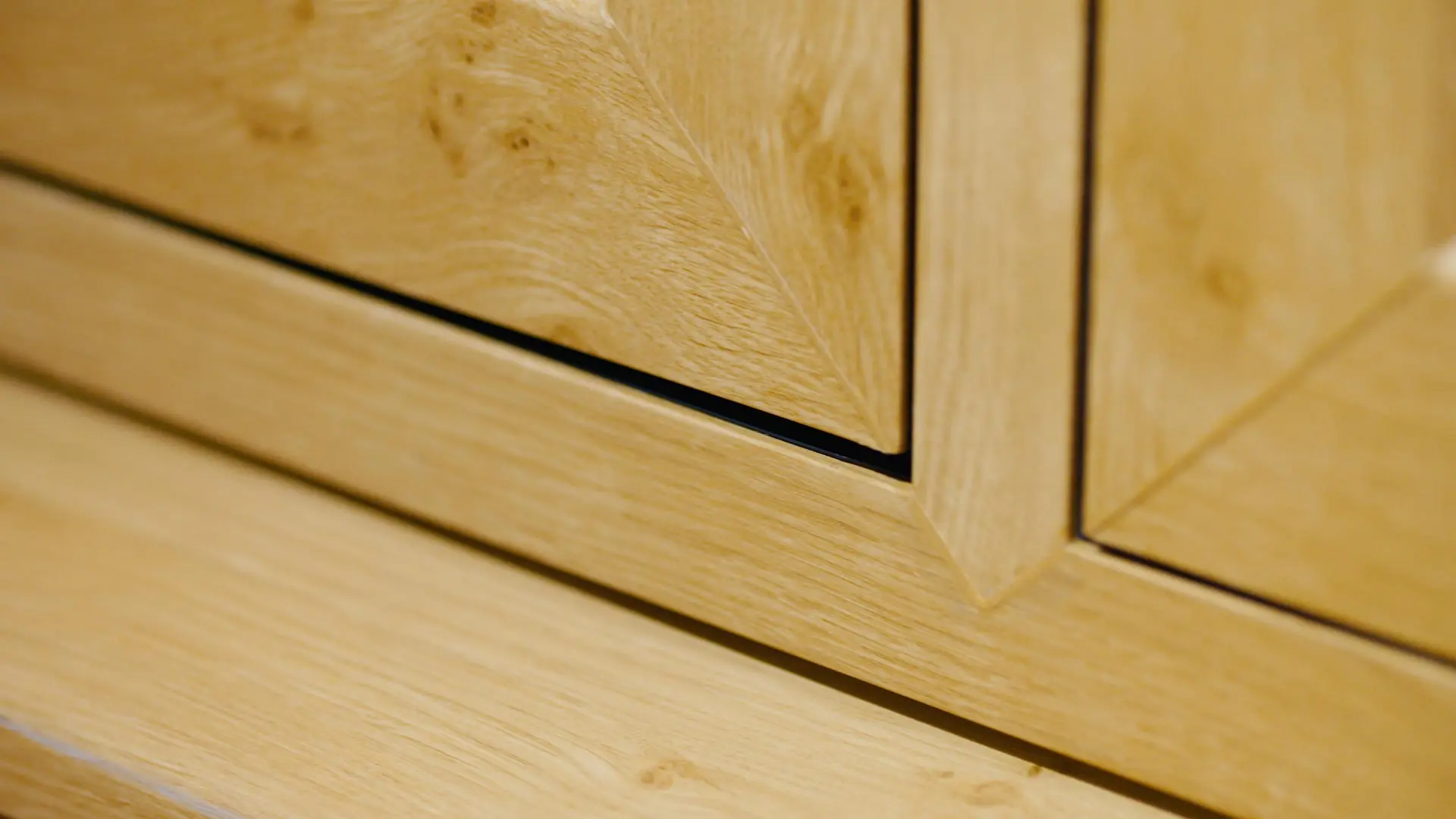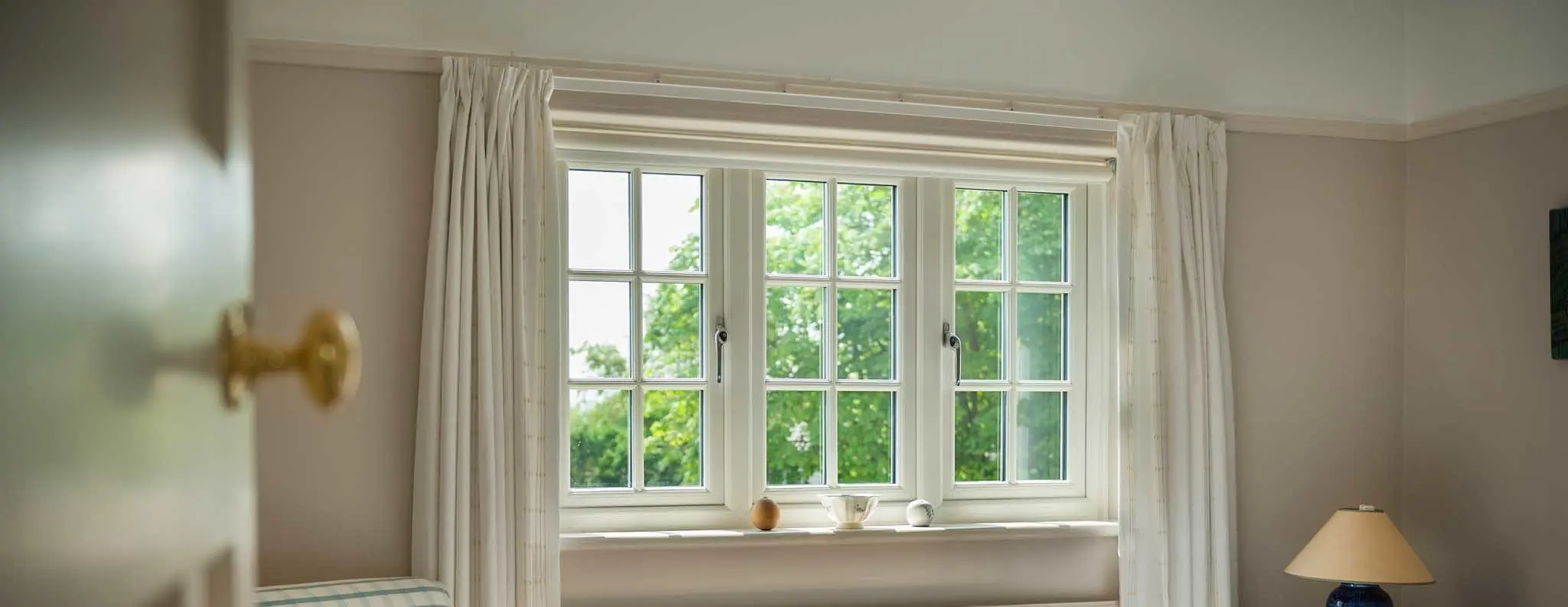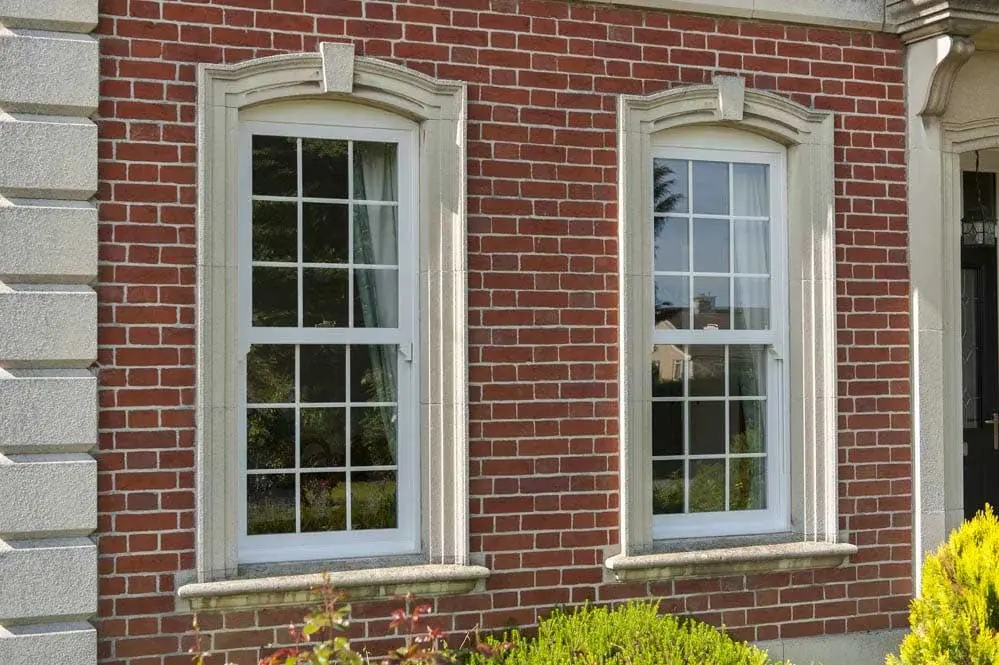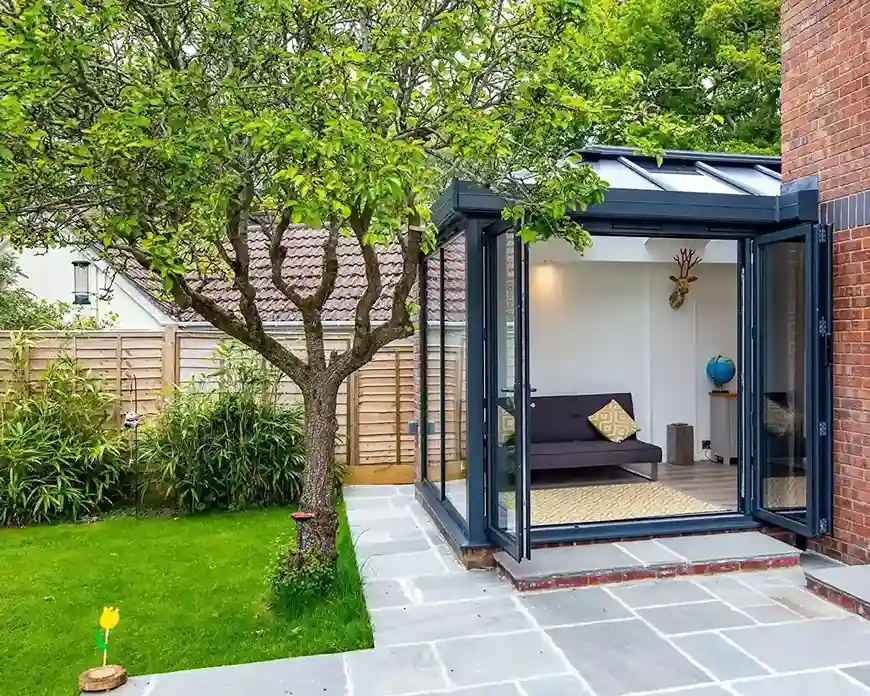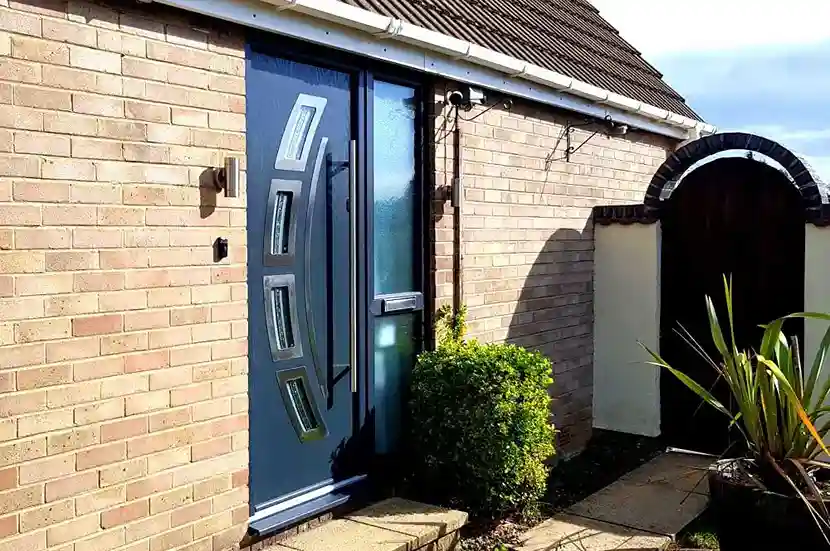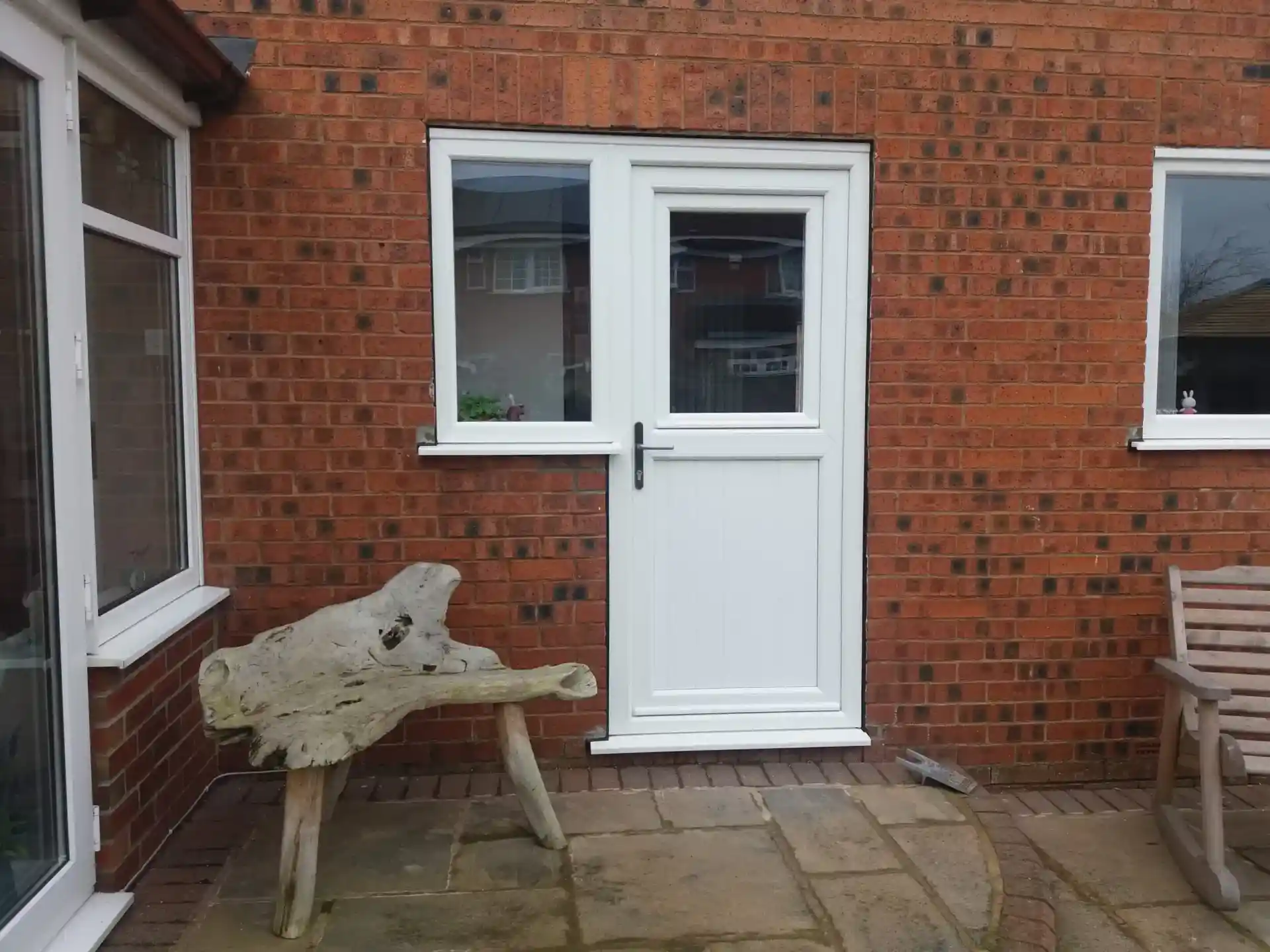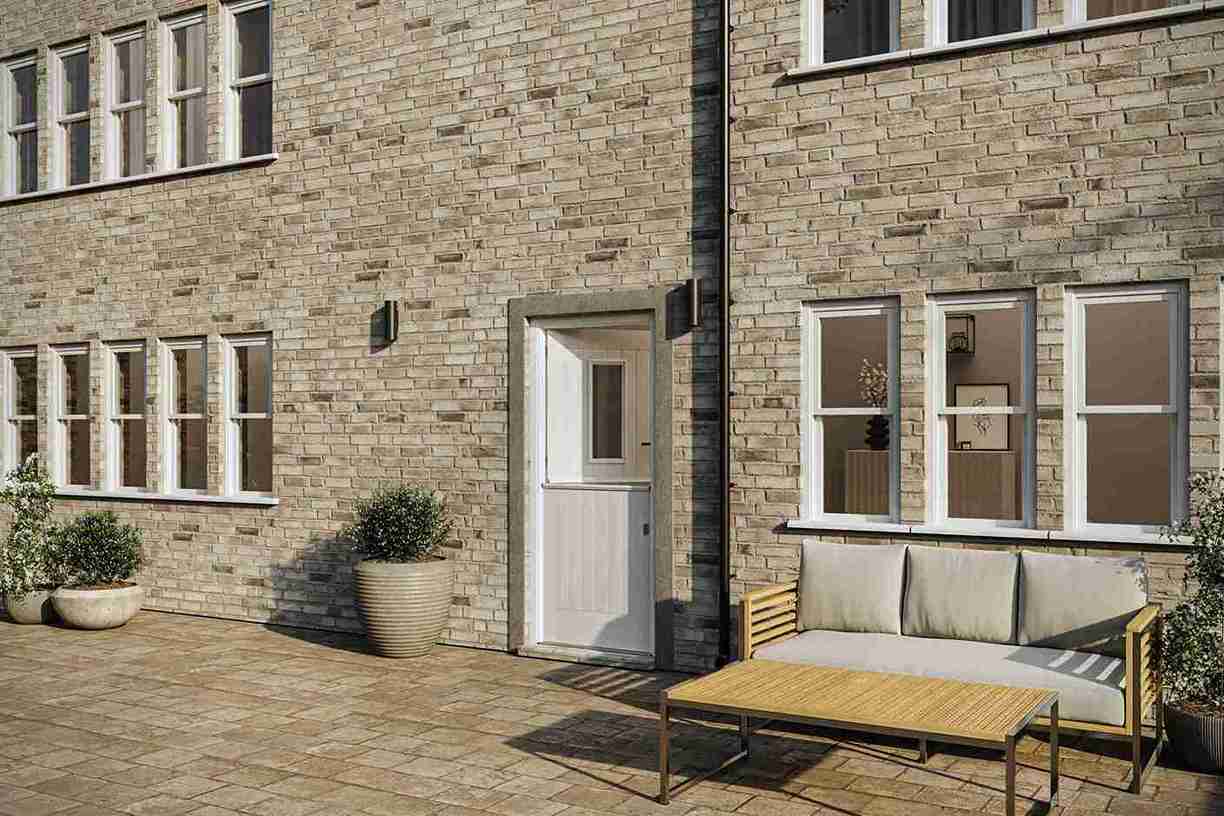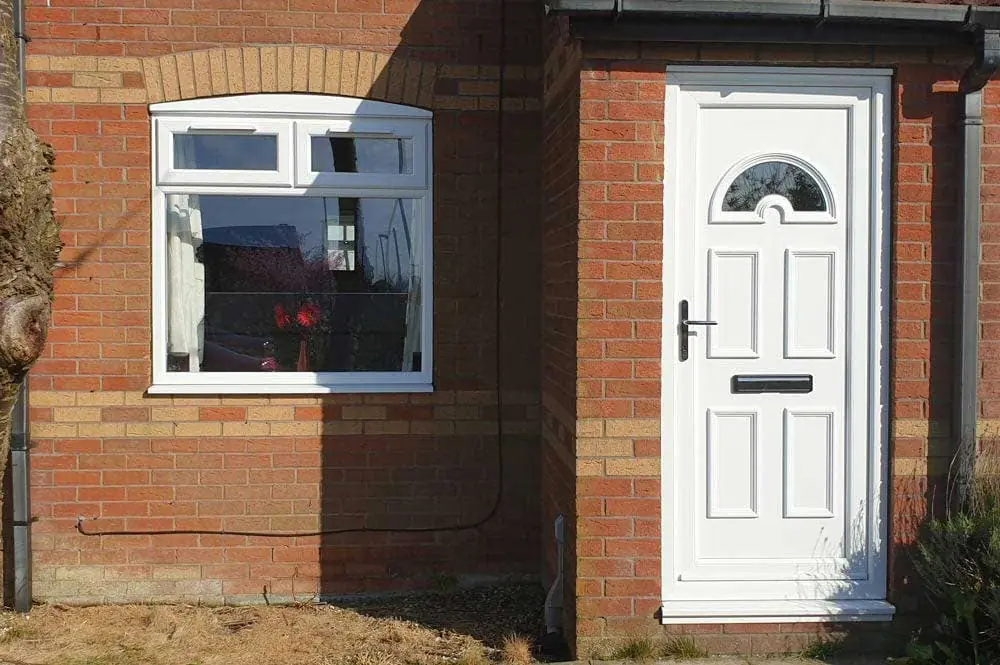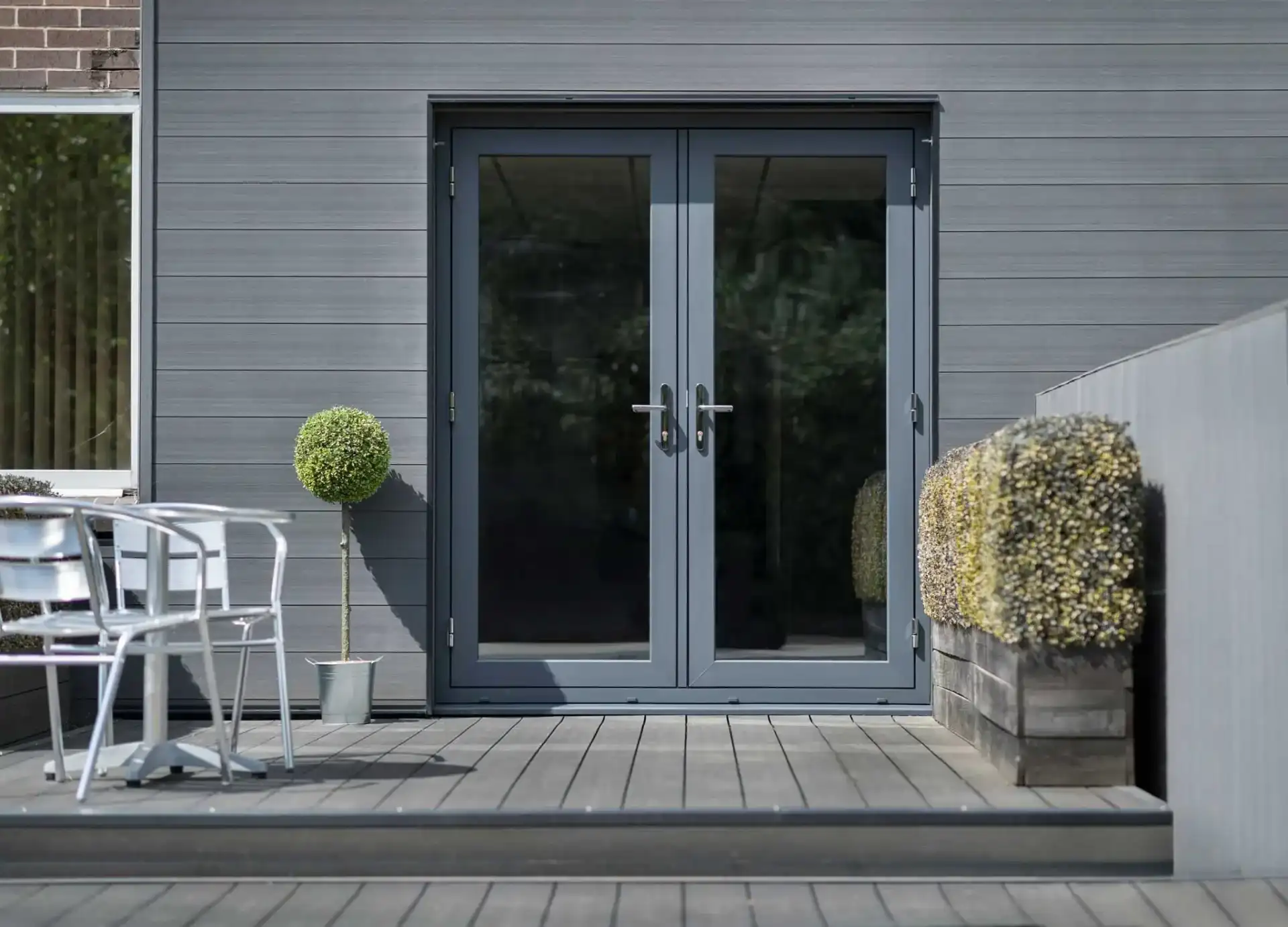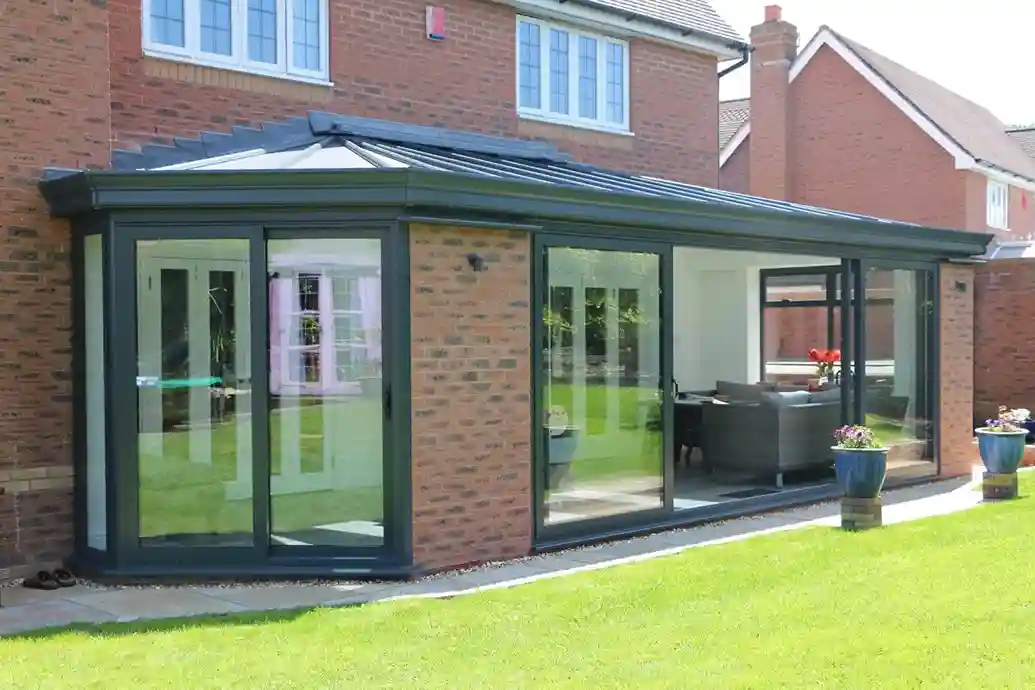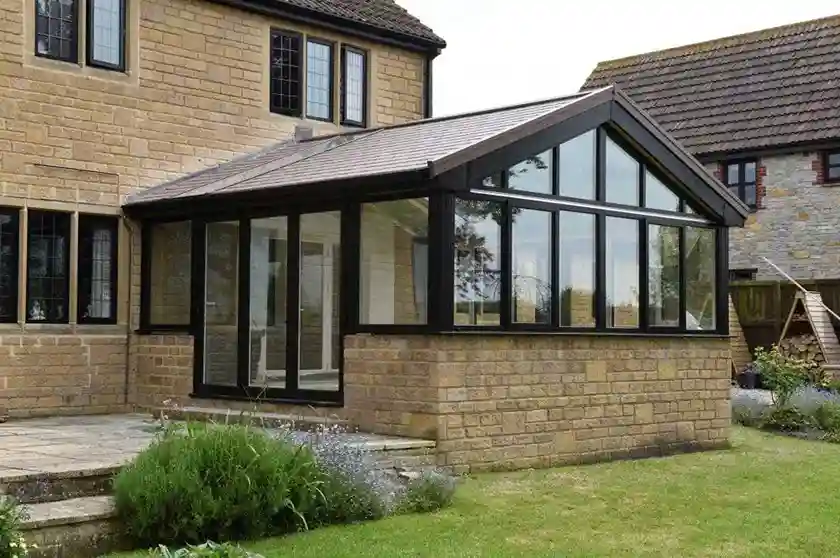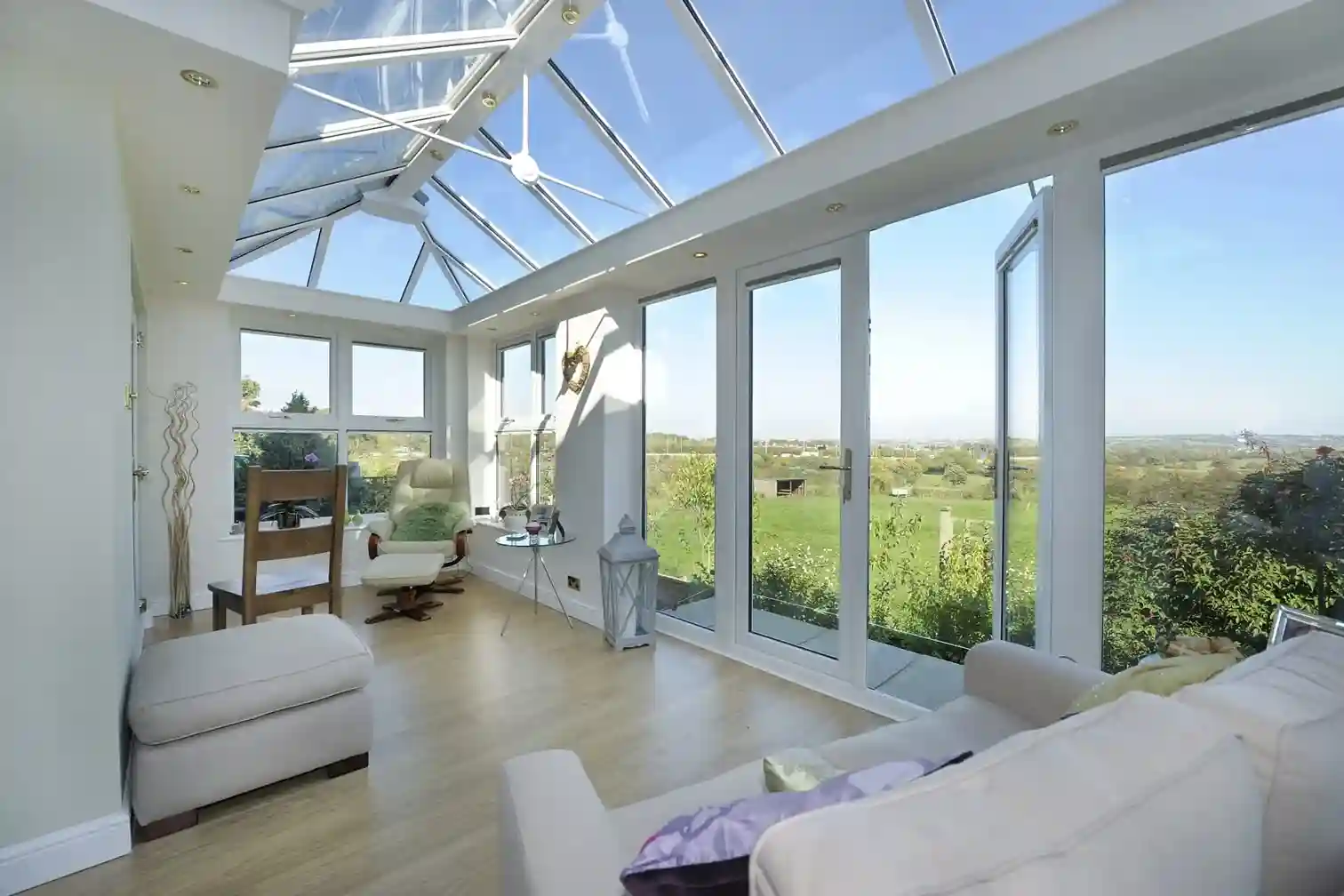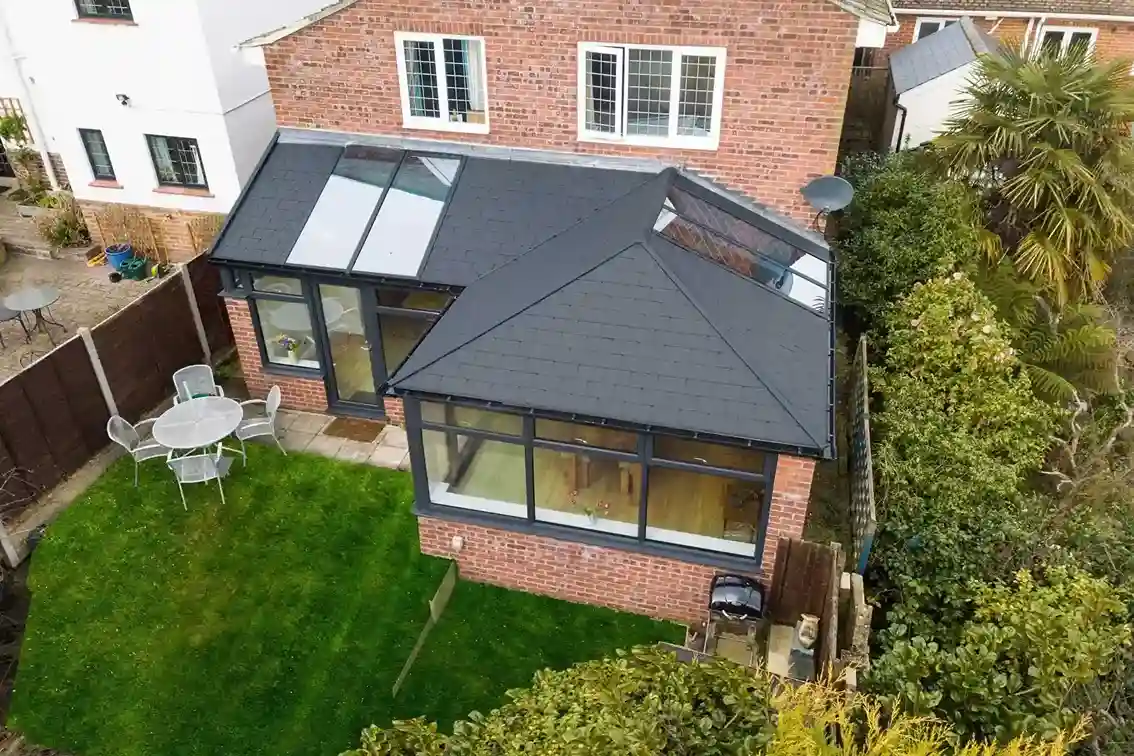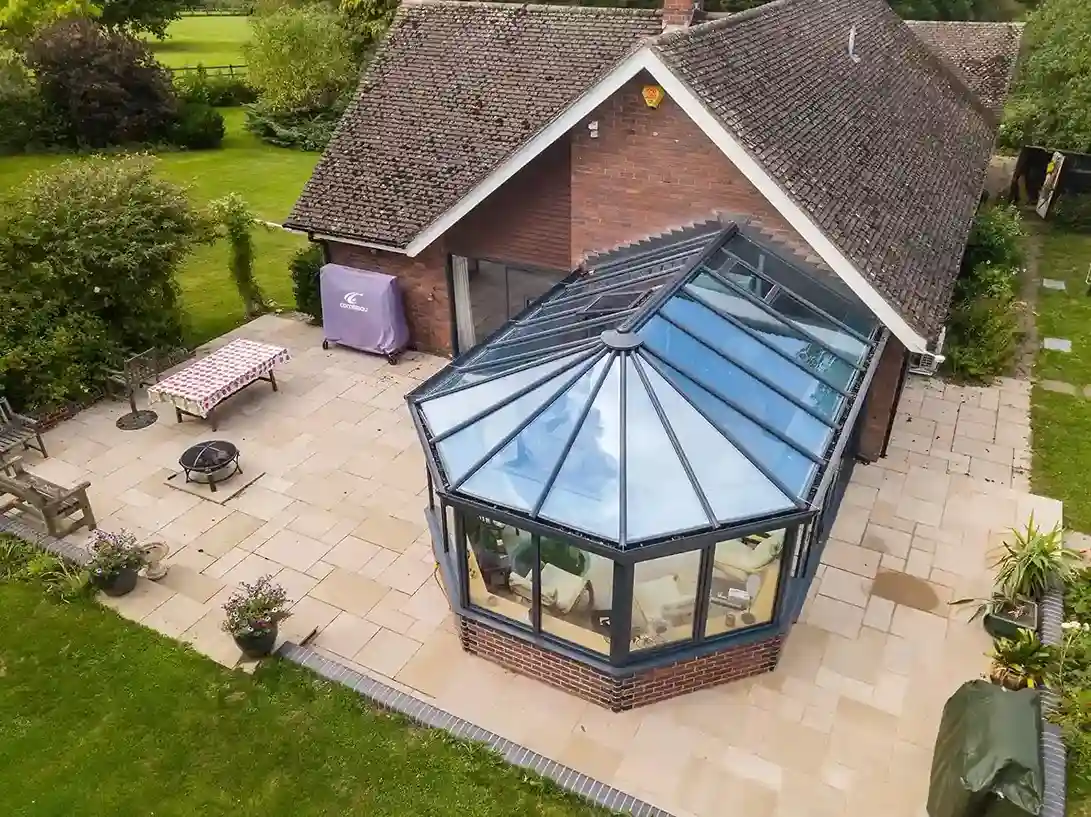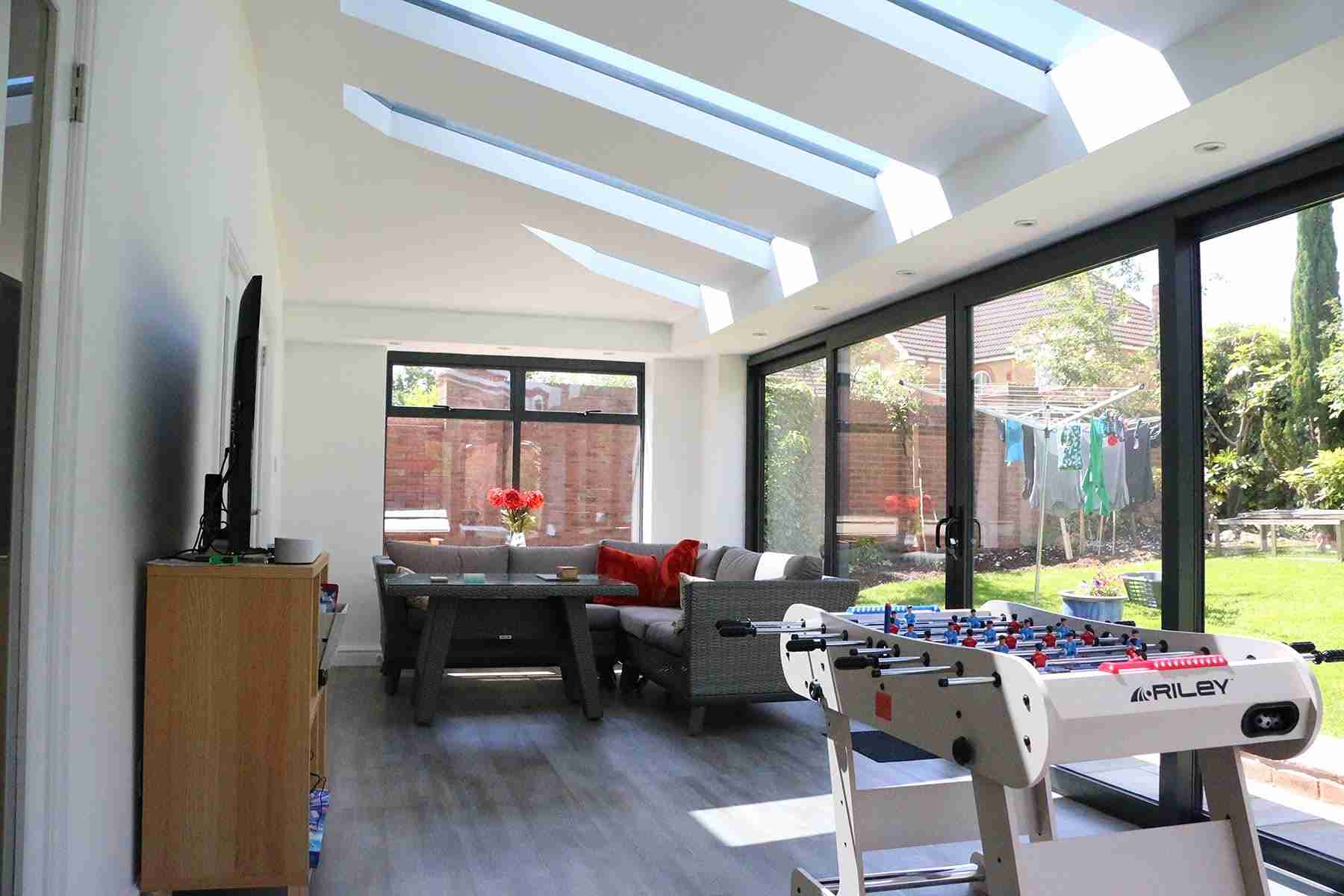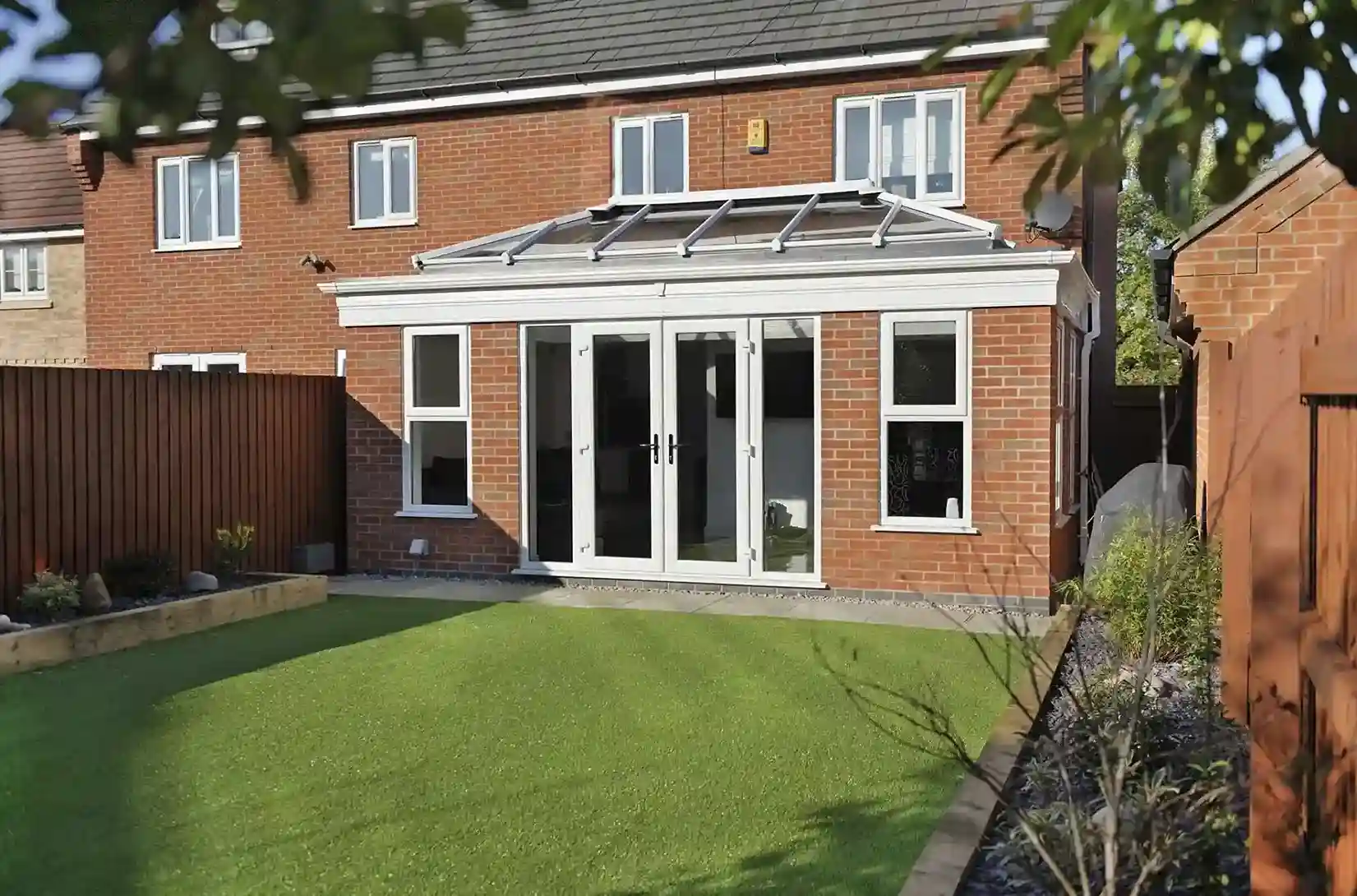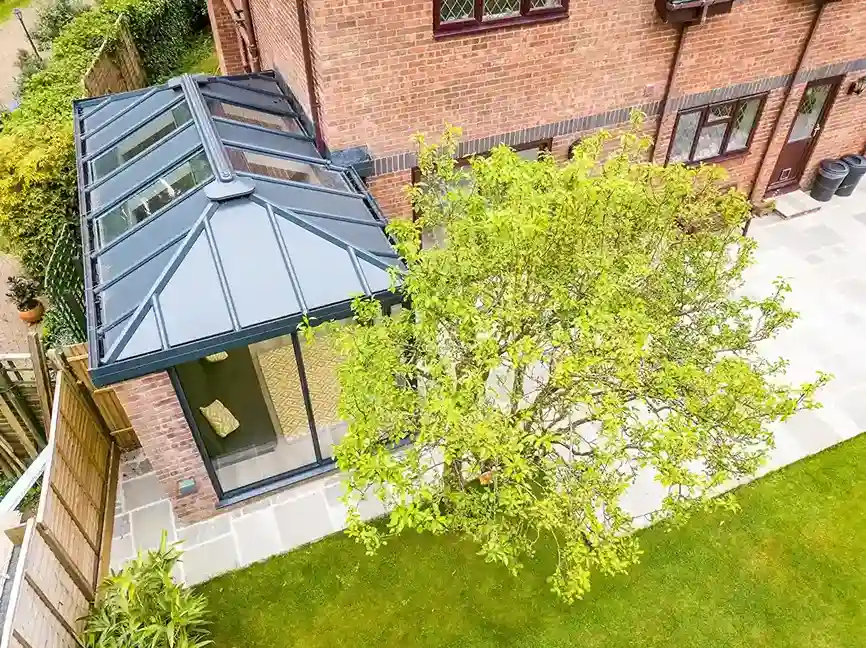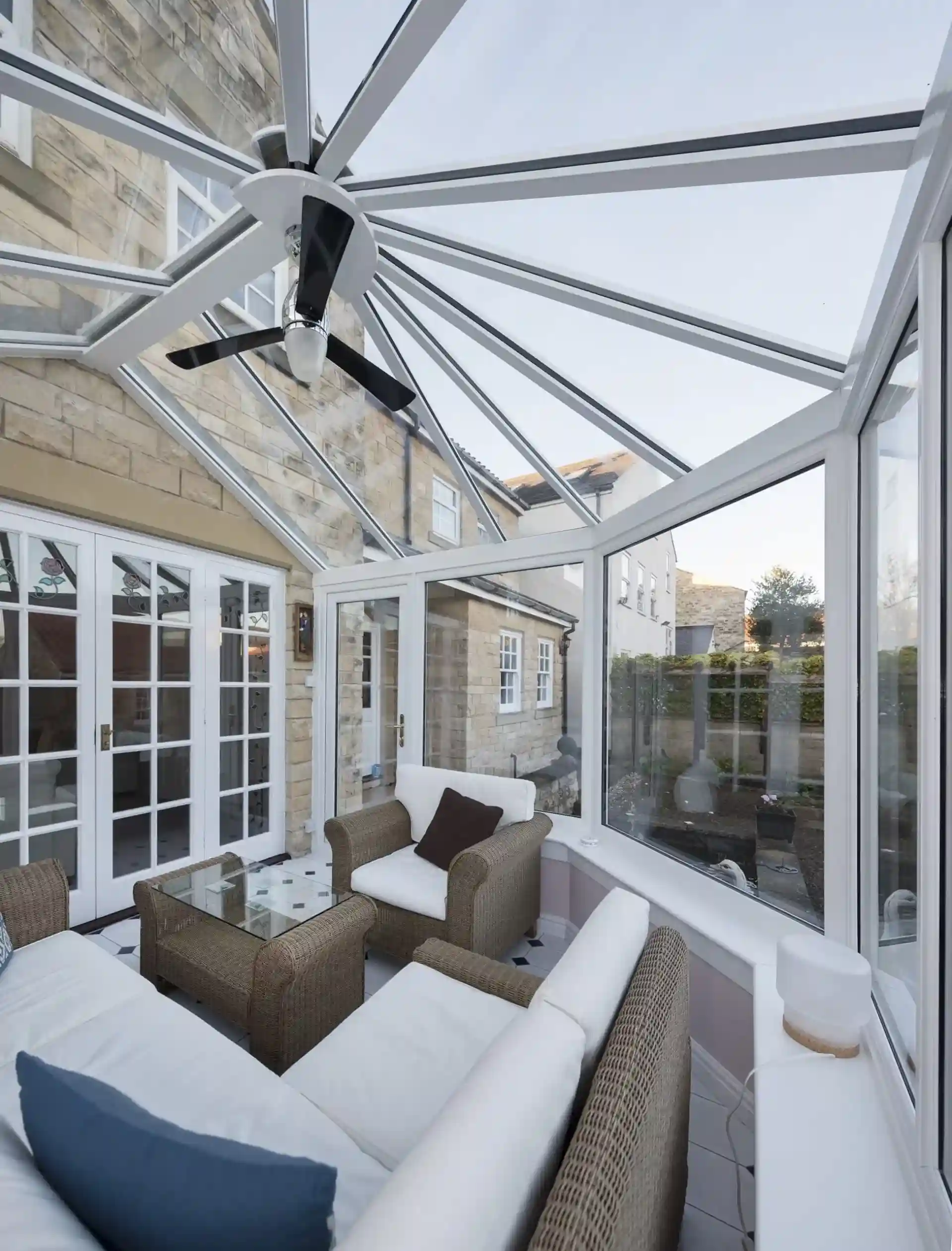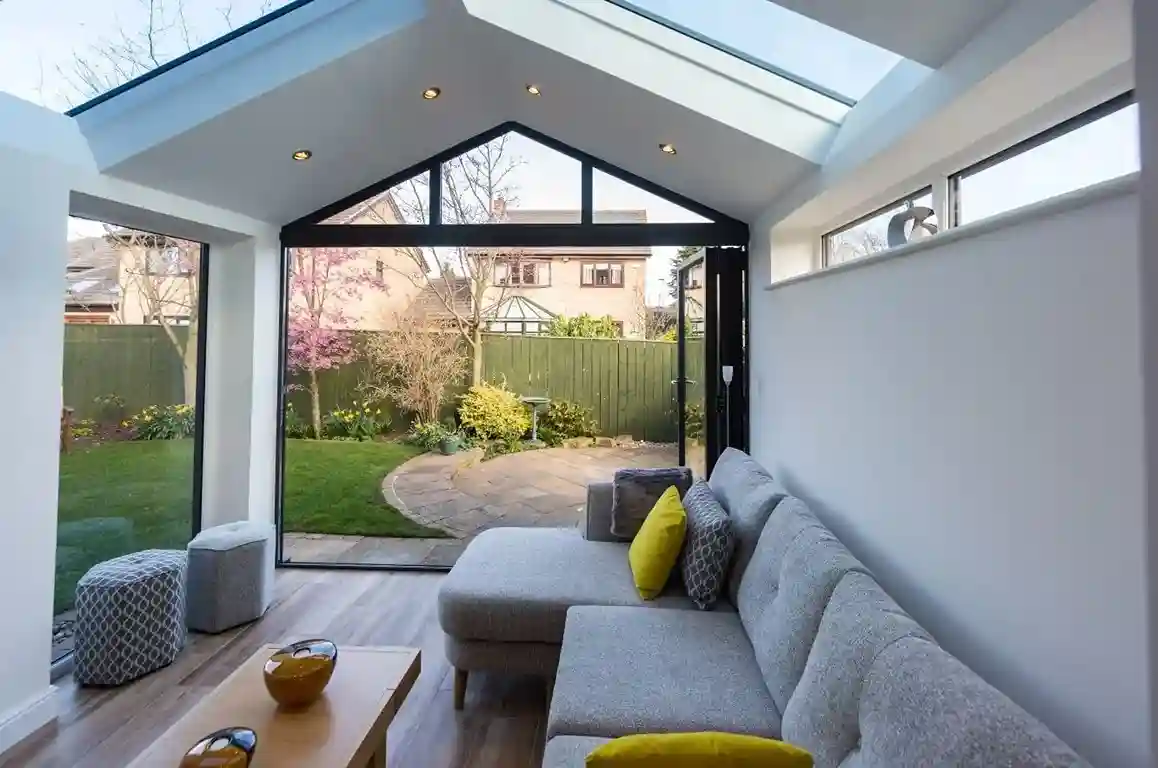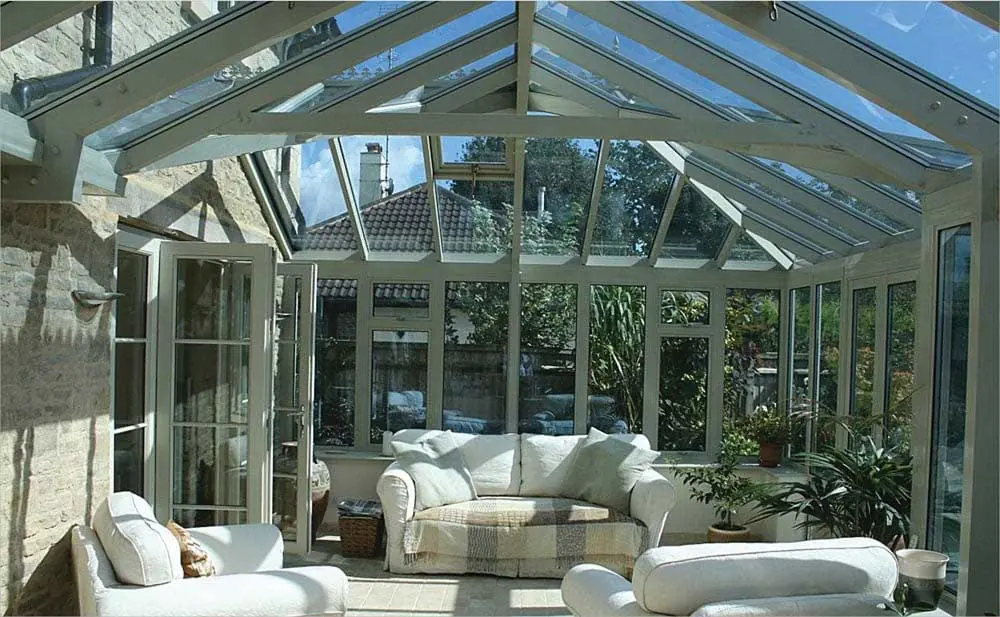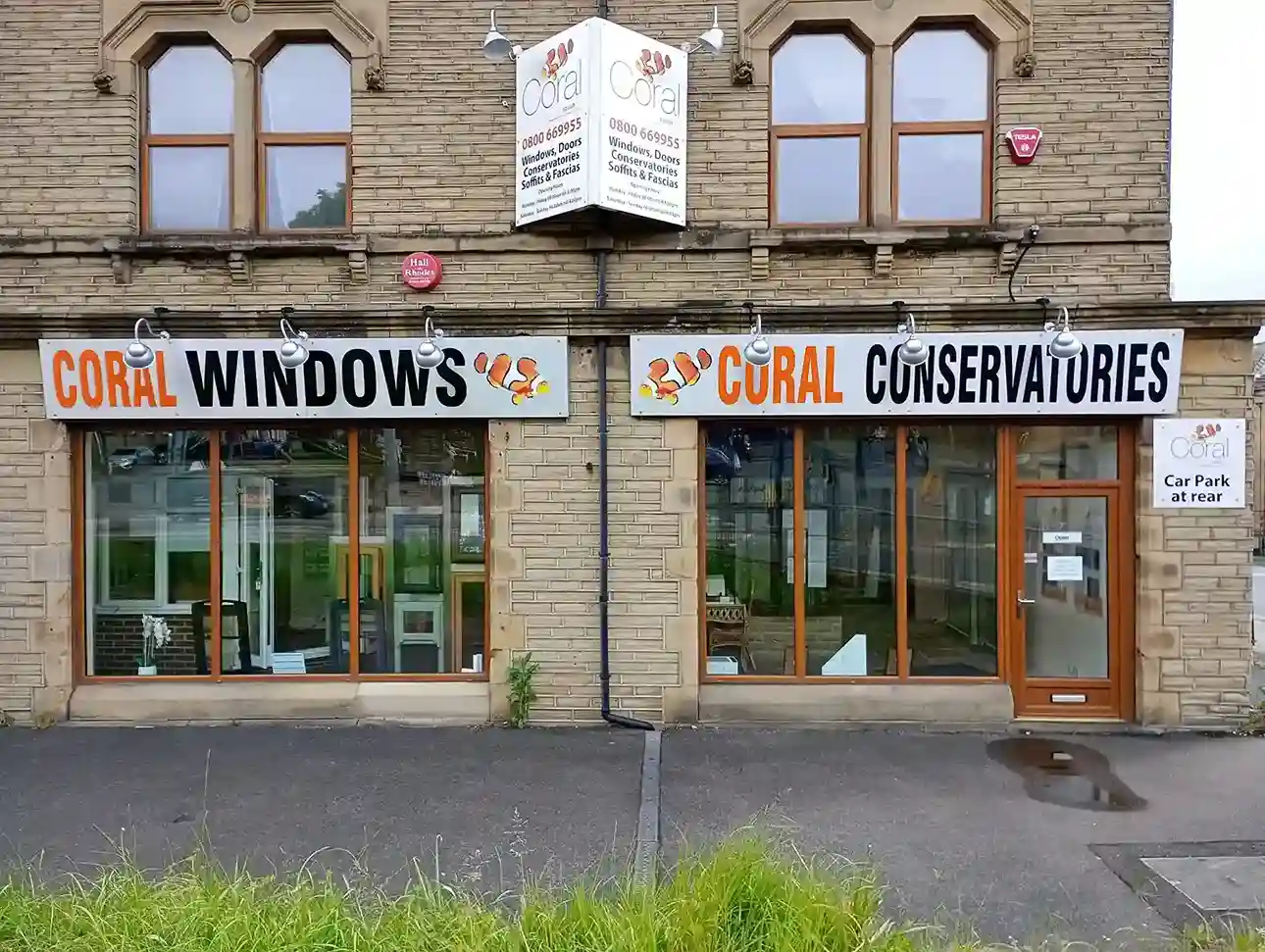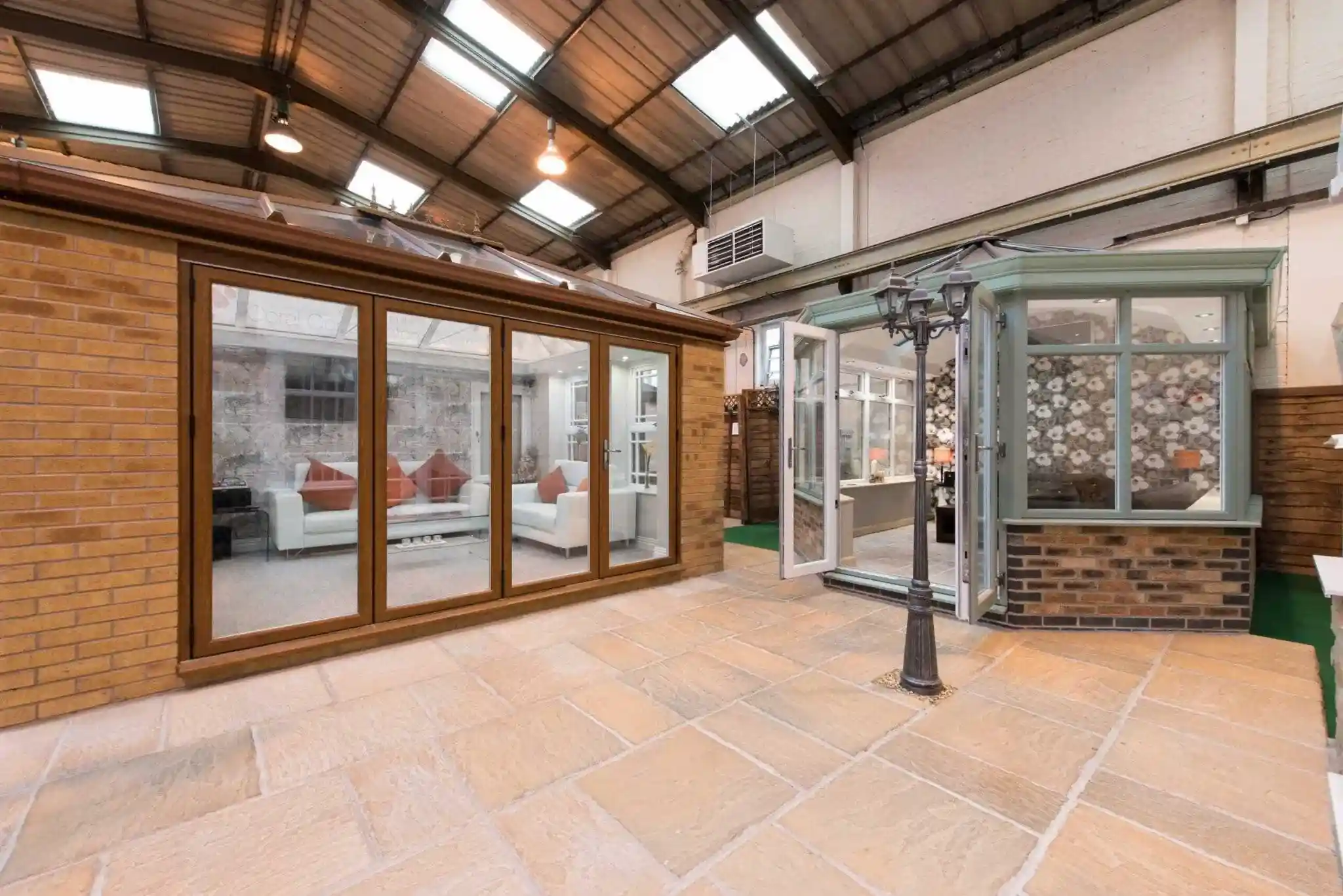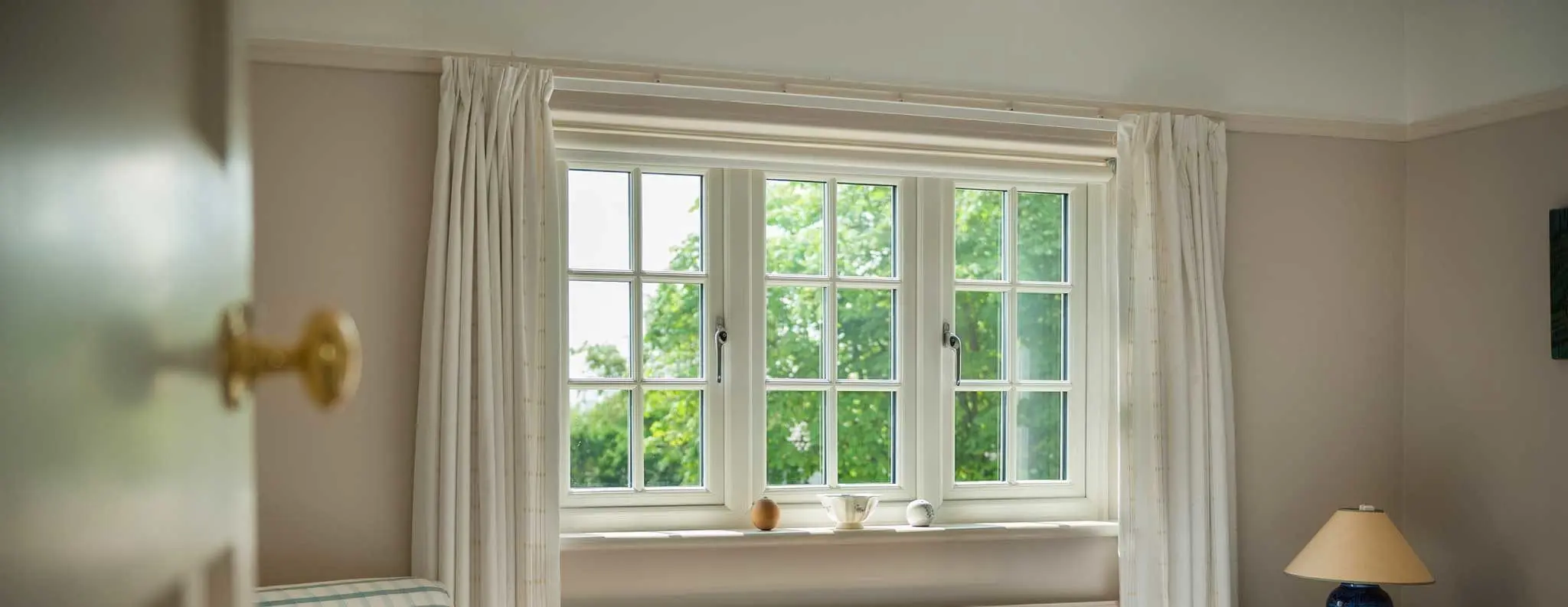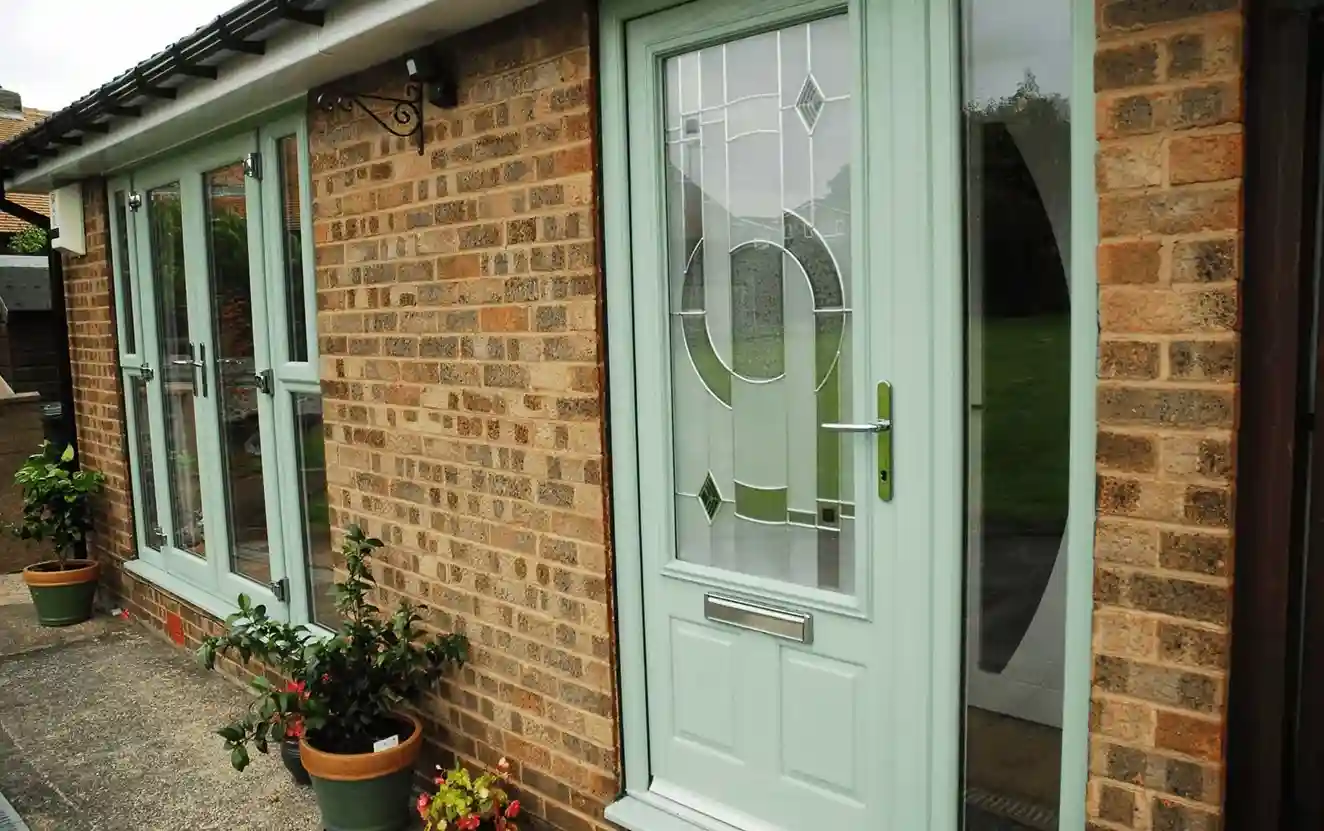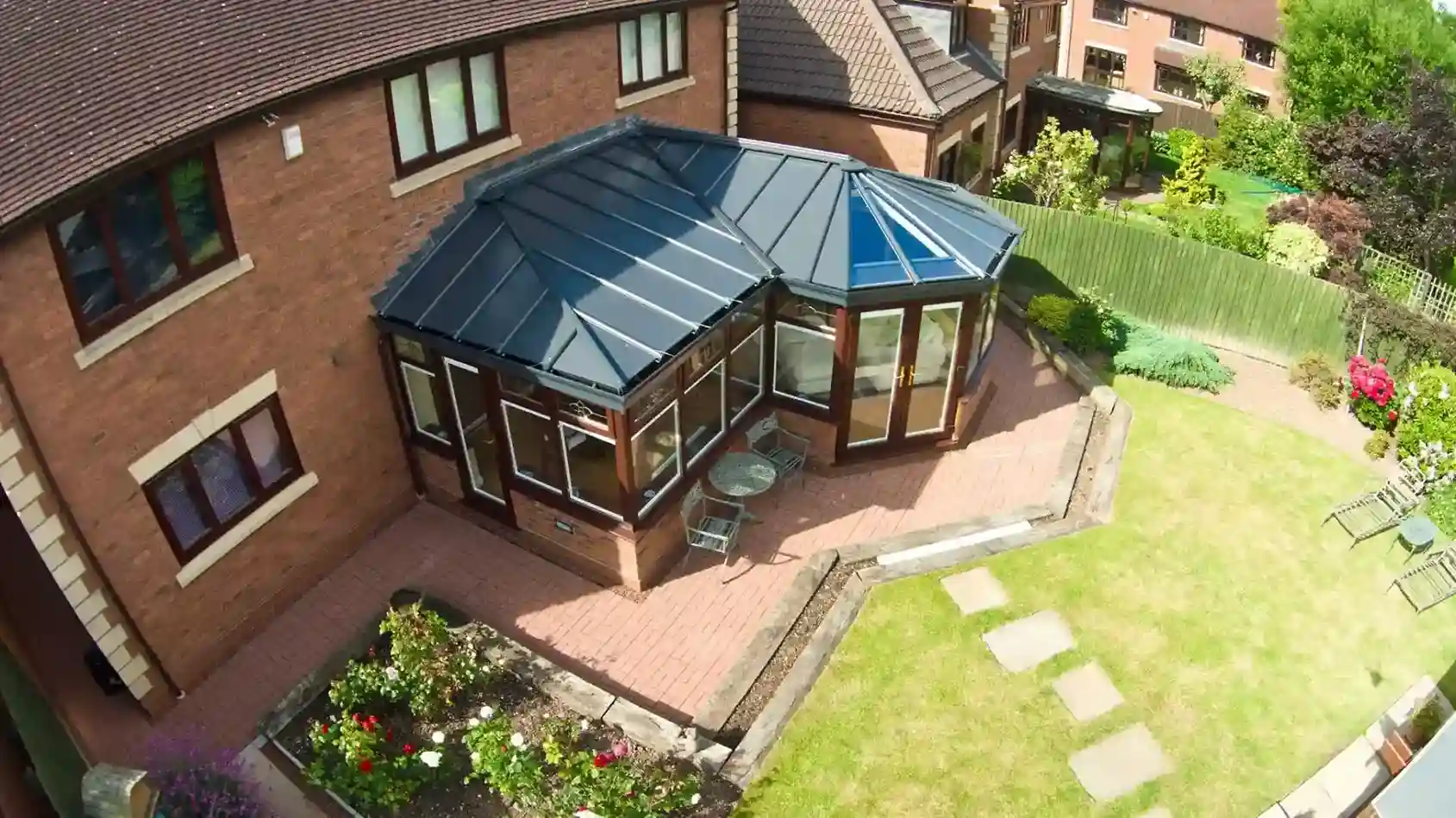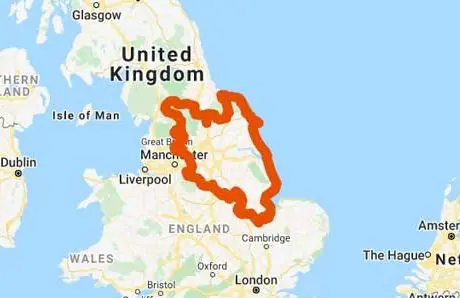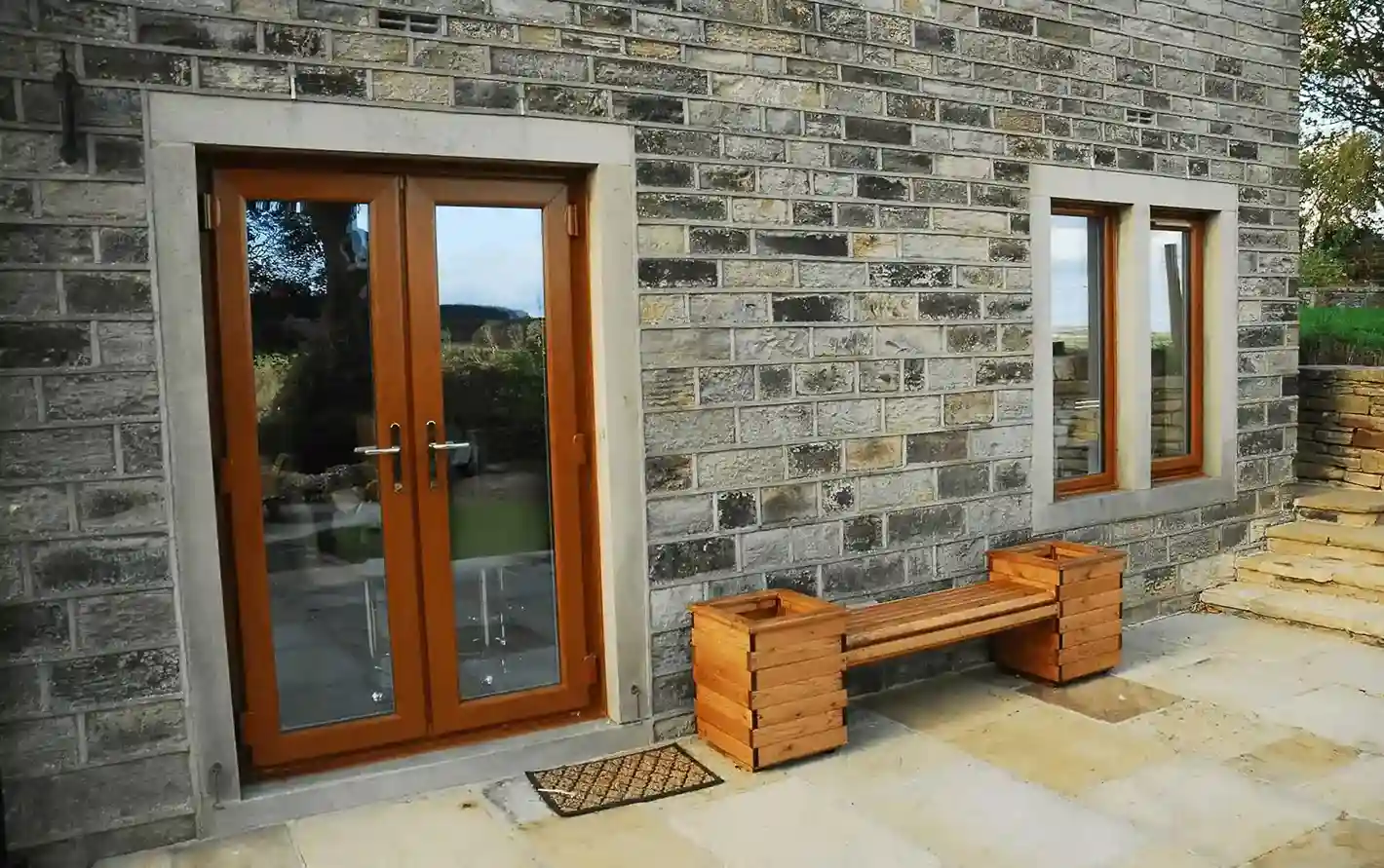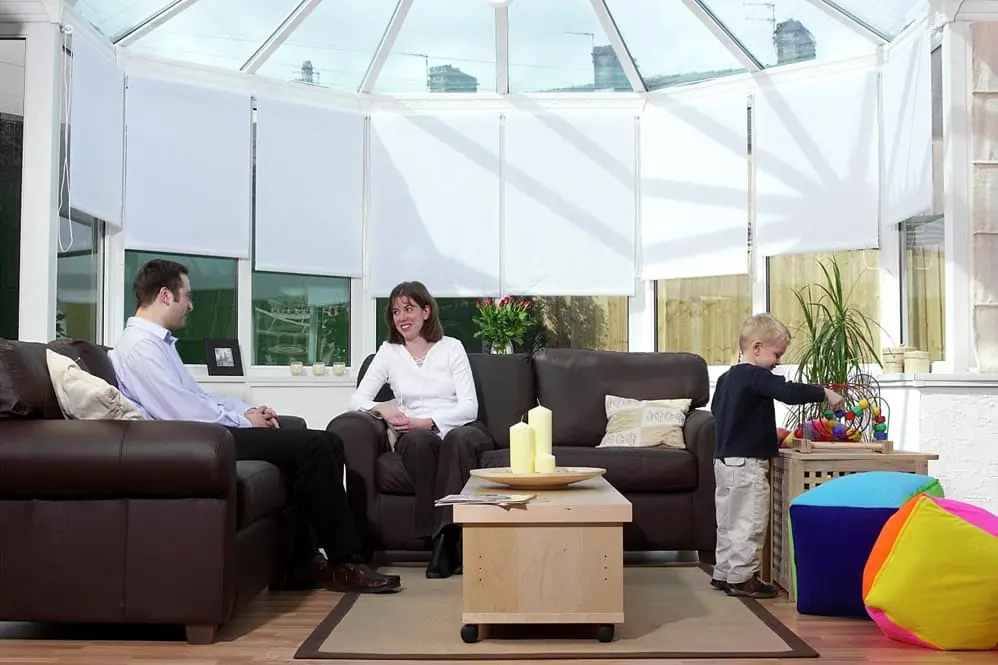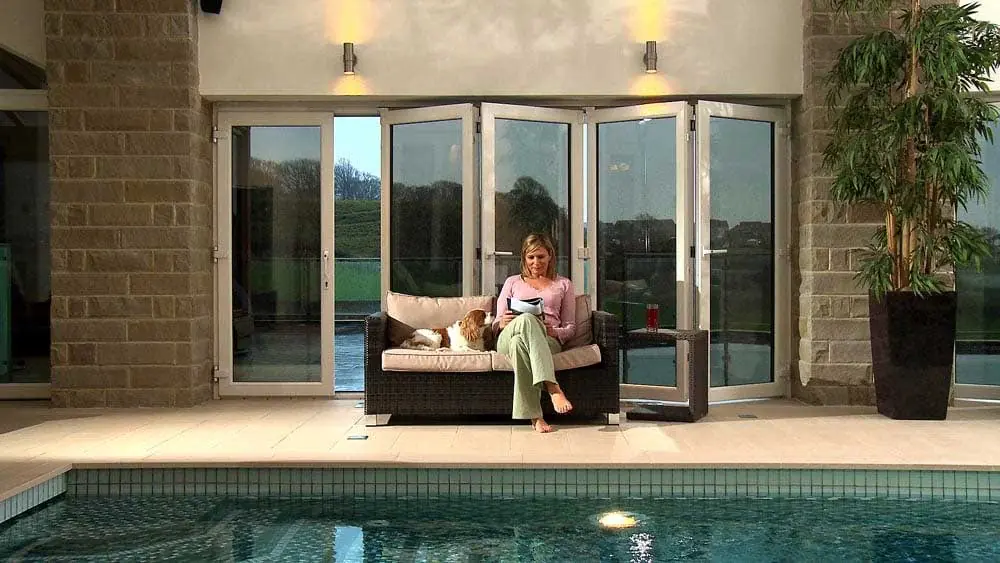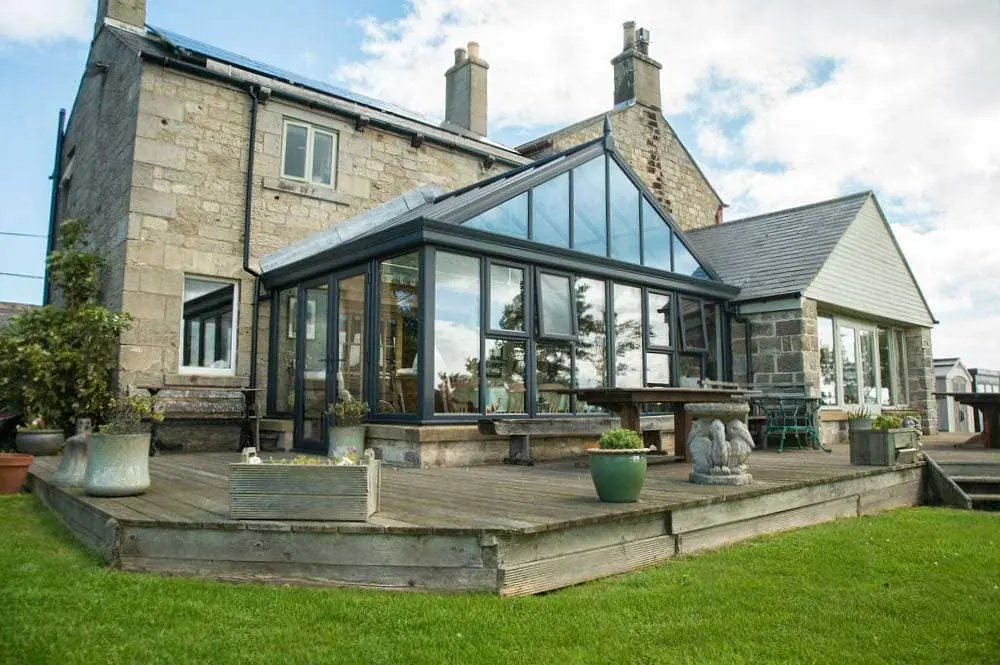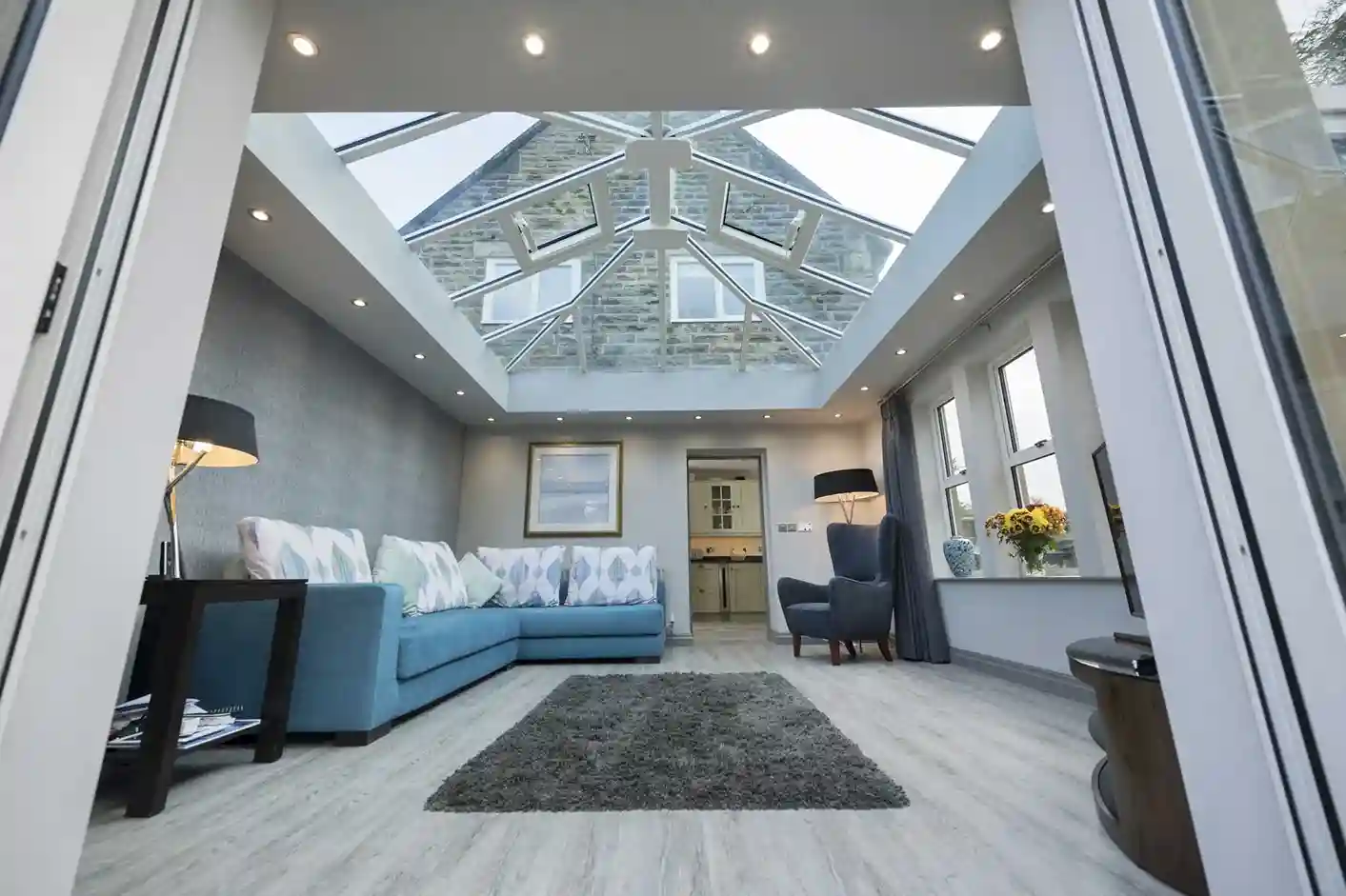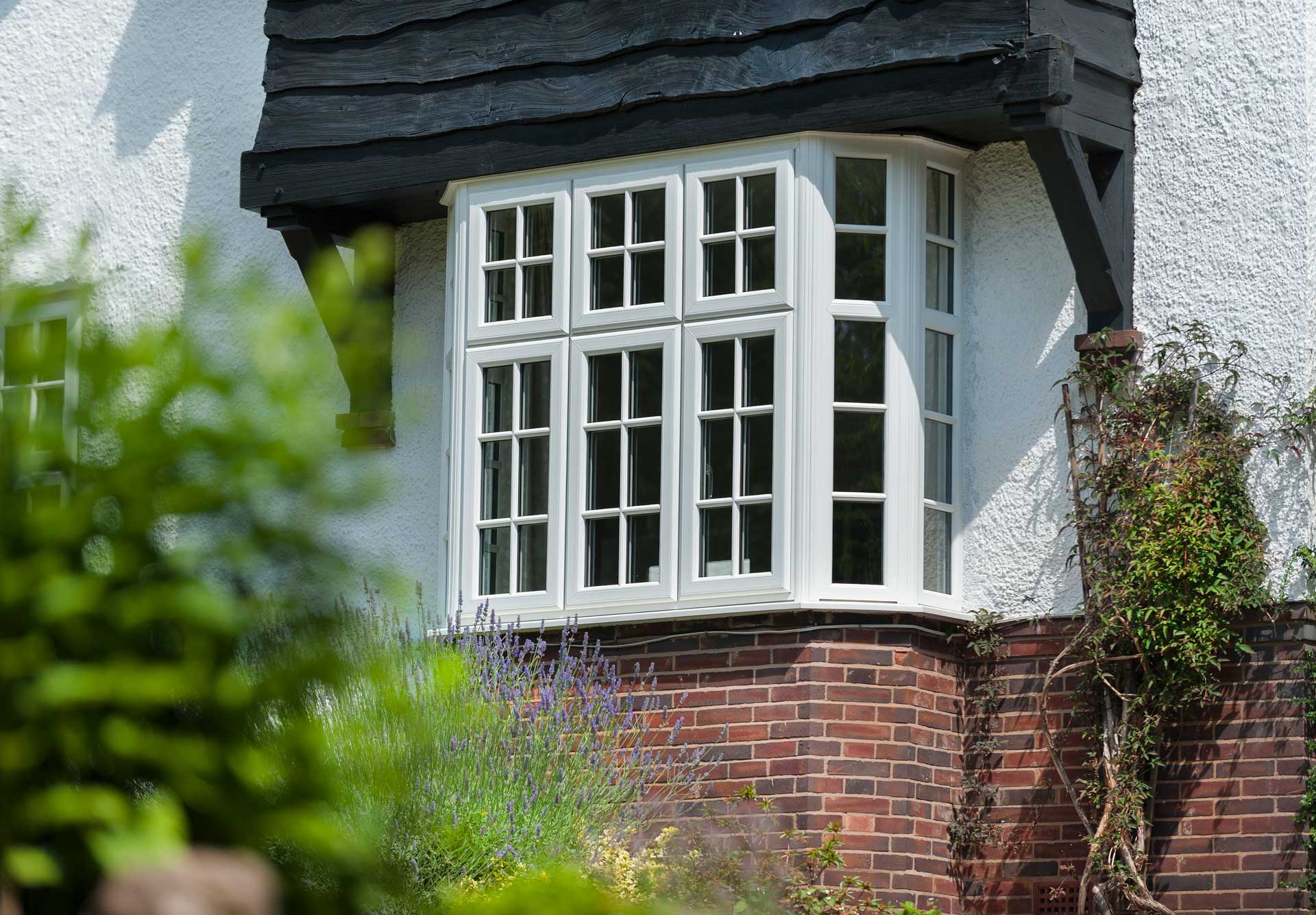Do You Need Planning Permission For A Conservatory?
When planning your home upgrade with a conservatory, it is common for homeowners like you to be unsure about the building rules and regulations.
Here at Coral Windows, we have over 30 years of experience in the home improvement industry and have become an established customer favourite across Yorkshire.
Therefore, this article is going to help you understand the topic of permitted development and planning permission to ensure you are equipped with the knowledge and understanding when it comes to the building process of your conservatory.
What Is Permitted Development?
Permitted development is the key to building without the need for a formal planning permission application. In England, to qualify for this, there is a criteria in which your planned conservatory must meet.
Your planned conservatory development must not cover 50% of your land around your original house and must not be higher than the highest part of your existing roof.
For your single storey rear extension, its maximum height must not exceed 8 meters if you live in a detached house or 6 meters if you are a semi-detached/terraced homeowner.
Furthermore, if your planned extension is within 2 meters of a boundary, the eaves height must not be higher than 3 meters.
It is also important that your conservatory is not built forward or on the side that faces a highway.
These are just a few factors that can determine whether your planned conservatory will qualify for permitted development.
We understand that the topic of planning permission is extremely complex, so we encourage you to contact us for more information. Our expert, friendly team at Coral will be more than happy to help you.
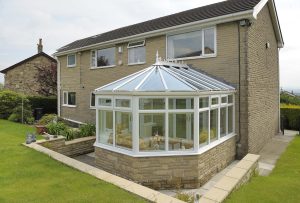
When You Will Need Planning Permission
There are a few scenarios where your planned conservatory will not be considered permitted development and will require planning permission instead.
For example, if your conservatory is in a designated area like a conservation area or national park, you will be required to submit a formal planning permission application.
This is similar for properties that are listed buildings as these types of properties have removed permitted development rights.
Other scenarios include your proposed conservatory exceeding the size, height and proximity to a boundary limit, voiding the requirements of a permitted development. This also includes if your conservatory will not be attached to your house.
Planning Permission Vs Building Regulations
Not only do permitted development and planning permission play a part in the development of your conservatory, but the legal requirement of building regulations is also important.
Planning permission focuses on the aesthetic and environmental impact of your proposed conservatory. This includes the size, appearance and the impact on your neighbours.
Whereas building regulations focus on the technical standards of the construction of your conservatory. This includes the safety, health, energy efficiency and structural integrity of your project.
You can be rest assured that most conservatories are exempt from building regulations if they meet a certain criteria: is it separated from the house by external walls/doors, has an independent heating system and more.
But, this is not always the case. Therefore, we recommend that you choose Coral Windows to take care of your conservatory project as we will handle the whole planning permission process from start to finish for you.

Choose Coral Windows Today!
Here at Coral, we have a first class in-house service for your planning permission needs. We employ an experienced town planner to handle everything from start to finish on your behalf.
This high quality service aims to take the stress out of the process and ensures that all regulations are also met.
Not only are we a trusted and accredited double glazing installer, but we are also an award winning business for our long standing service in the home improvement sector.
Choose Coral Windows today and take the hassle out of the planning permission process with us.
Call us today on 0800 0581777 for more information or get your free, online quote to begin your stress-free conservatory project today!
Categories: Advice|Home Improvement|Products


